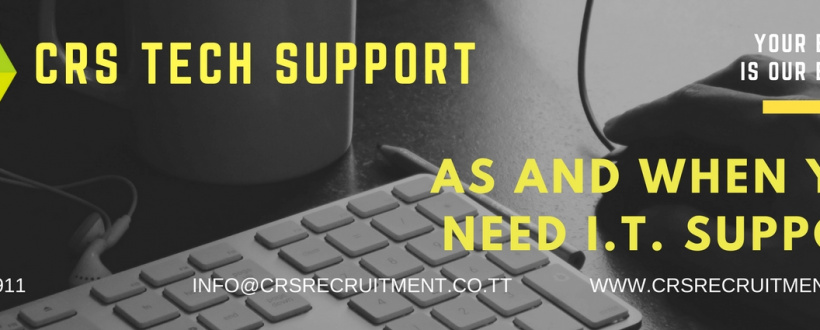Susan’s Snippets
Christmas is in the air, carols and parang are on the radio, glitter is in the malls, and of course parties are inviting. For many businesses, this is their busiest time of the year. For recruiting companies, it’s probably the quietest as decisions on hires are often postponed until January So, for us it’s a time to catch our breaths, tidy our files, and strategise for the upcoming year. Then we are prepared for the recruitment rush in January. In the meantime, Merry Christmas and a prosperous and healthy New Year to all our subscribers.
Sign Before You Resign
You’ve aced the interviews, negotiated the best package, and now the great news – they want to hire you! You’re excited and can’t wait to tell your boss that you’re out of there. Of course you want to be fair and give your current employers as much notice as possible, so once the start date is agreed, you tell your company you’re leaving on that date. Only one thing bothers you: your new employers haven’t sent you the actual offer to sign yet. As time goes on, and you keep getting put off, or worse, no response to your phone calls and emails, the harsh reality sinks in. There is no offer and you have no job to go to.
Does this nightmare scenario sound familiar? Sadly, I have heard it many, many times. What happens to these job-offer victims? If they swallow their pride and ask for their old job back, they are marked as disloyal and a high risk to leave. Therefore, they will be overlooked for promotion and the better career opportunities and even training. Chances are they will leave within the year, quite humiliated.
They could take their chances on the job market which means risking a few months with no income. Again, this can be quite a blow to their self-esteem if they suffer rejections from other employers, and this can turn into a repeated cycle if their low-self-esteem and depression is the reason they don’t get the job offers.
I remember one case where the prospective employee resigned his current job so he could start researching the project he was to work on in his new job. He didn’t know that after his would-be employers told him that he got the job, the person who used to do that job approached them to work with them again. They didn’t tell this job-offer victim until the day before he was due to start work. He was devastated and felt cheated because he actually started doing the work.
Many years ago, a friend of mine accepted a dream job abroad. She gave up her rented accommodation and was at the airport waiting to board the plane when she was approached by a representative of the company to say that the job was no longer available. Can you imagine how she felt, with no place to live, no job, no income and carrying all her worldly possessions? She ended up staying by me as I lived close to the airport. It was months before she got another job and moved out.
I know of a recent case where the victim was a returning national, and on the basis of a verbal offer, he gave up his job, sold his house, sent his family back to Trinidad, and even turned down other offers. In fact, he uprooted his life on the expectation of this high-paying job. Eventually, the hiring company informed him that they felt it was imprudent to make such an expensive hire in these uncertain times.
One common thread in all these cases is that the hiring company that changes their minds about the hire, never tell the job-offer victim until the very last minute. They avoid all contact with the person, who ends up digging themselves deeper into trouble. In almost every case, the job-offer victim did not insist on signing a contract of employment before announcing their intention to leave. They want to accommodate their new employer as much as possible and the paper-work just seems to be a minor issue. And we’re not talking about fly-by-night companies either. Most of the time, the would-be employers are well-known and respected companies, even at a global level.
Please, please, always sign an employment contract before you resign. Even if this delays your new start date, it is better this way than you being left high and dry. You have been warned!
Tell Us What You Think
We would love to hear what you think of this issue of CRS News. And of course, if you have any suggestions for upcoming issues that you would like to share with us, please send those too.




